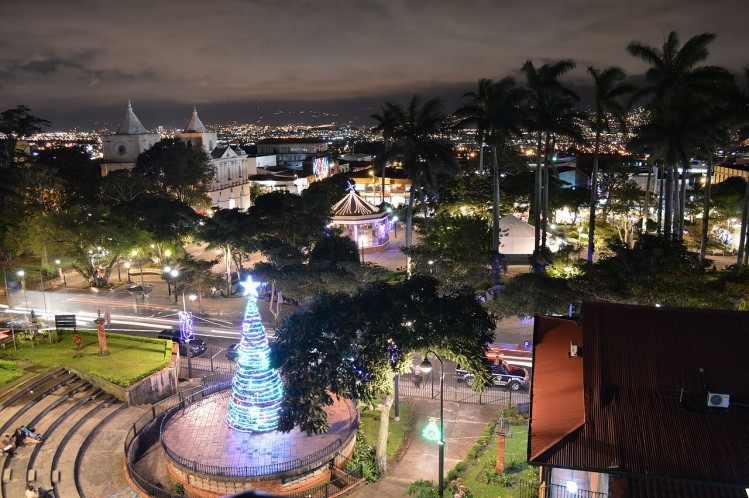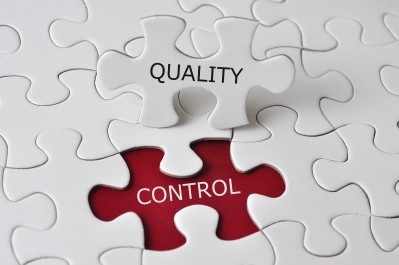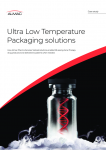US FDA lifts import alert at Hospira device plant in Costa Rica

This week, the US Food and Drug Administration (FDA) lifted an impot ban on devices manufactured at the La Aurora de Heredia, Costa Rica facility had been lifted, allowing the firm to resume sell products like Symbiq, Plum A+ and LifeCare PCA infusion pump to its US customers.
The plant received a warning letter from the agency in August 2012 which stated the devices made on the site did not conform to current good manufacturing practices, and while no closeout letter has been published the lifting of the importation ban has been deemed “significant progress” in Hospira’s global device strategy, initiated in 2013.
“Globally, we know our customers depend upon Hospira's products and we are pleased to be returning these devices to the market,” said David Endicott, President of Hospira Medical Devices. “We strive to continuously improve the performance of our products and meet the expectations of both customers and regulatory agencies. This is an important milestone in that process.”
Device Strategy Plan
Along with Costa Rica, Hospira was struck with a warning letter at its Lake Forest, Illinois plant in March last year. The facility makes various medical devices such as the Sterile Empty PCA vial and Injector.
During an investor call in November (transcript here), management said 2015 would be a year Hospira focused on getting the remediation in the Device Strategy completed, and with this FDA announcement the firm can, as CEO Michael Ball put it, “come out into the light again.”
Hospira now hopes to launch a number of new IV devices over the next twelve months, including the SapphirePlus – a general-infusion device used to improve the safety and efficiency of IV administration – and an upgraded version of its Plum infusion platform which will be available for an expanded range of drugs and feature wireless capability.
Drugmaking problems
The firm has had to address quality and compliance issues across its drug manufacturing network over the past few years with much focus placed on the Rocky Mount facility in North Carolina. The site received a warning letter in 2010 and as part of remediation efforts was operating at less than 70% capacity in 2012, but last year the FDA upgraded the plant to VAI (voluntary action indicated) status, indicating the plant has “returned to health.”
Meanwhile, our sister publication in-Pharmatechnologist.com reported this week ten lots of injectable Mitoxantrone made at the firm’s Mulgrave, Australia plant have been recalled. In September the plant received a warning letter from the FDA.

















